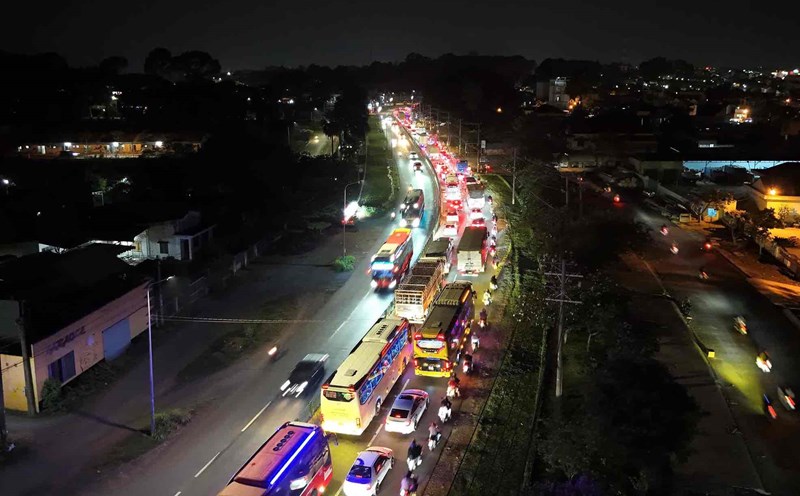Bases for land allocation
Article 122 of the 2024 Land Law stipulates the conditions for land allocation, land lease, and permission to change land use purposes as follows:
Competent state agencies may only decide to allocate land, lease land, or permit the conversion of land use purposes for rice cultivation, special-use forest land, protective forest land, and production forest land to other purposes after having a Resolution of the Provincial People's Council and meeting the grounds prescribed in Article 116 of this Law, except in cases of land use for project implementation under the authority of the National Assembly, the Prime Minister's approval, and decision on investment policy according to the provisions of the Investment Law, the Public Investment Law, the Investment Law under the public-private partnership method, the Oil and Gas Law; the Provincial People's Council shall approve and decide on investment policy according to the provisions of the Law on Public Investment, the Law on Investment under the public-private partnership method.
The conversion of rice-growing land, special-use forest land, protective forest land, and production forest land to other purposes must comply with the criteria and conditions prescribed by the Government.
People who are allocated land, leased land, or permitted by the State to change the purpose of land use to implement an investment project must meet the following conditions:
a) Fund registration or other forms of guarantee as prescribed by the law on investment.
b) Have financial capacity to ensure land use according to the progress of the investment project and other conditions as prescribed by relevant laws.
c) Not violating the provisions of the law on land or violating the provisions of the law on land but having completed the implementation of the decision or judgment that has come into legal effect of the competent authority at the time of requesting land allocation, land lease, or permission to change land use purposes. The determination of land users violating the provisions of the law on land applies to all land plots in use nationwide.
Forms of land allocation
Current land law stipulates two forms of land allocation, which are land allocation without auction and land allocation through auction of land use rights:
Land allocation without auctioning land use rights: In this case, people who need to use land must prepare documents and send them to competent state agencies. After receiving the application, the competent authority will issue a land allocation decision based on the above (the land allocation procedure is carried out according to administrative procedures).
Land allocation through land use rights auction: In this case, the competent state agency will issue a decision to allocate land to the person in need according to the results of the auction of land use rights (the procedures for allocation according to the auction procedure and the auction results).
Thus, it can be seen that economic organizations, individuals or other land users have been allocated land since the date of the land allocation decision of the competent state agency.
In other words, to allocate land without auction, it is necessary to submit an application for land allocation and the competent state agency will issue a decision on land allocation based on the basis for land allocation prescribed in Article 116 of the 2024 Land Law (only when the conditions are met will the allocation be made, such as having land funds for allocation, annual land use plans with regulations for land allocation).
In case of land allocation through auction, the State will issue a decision to allocate land if the person in need participates in the auction and wins the auction according to regulations (the person with the highest bid is allocated).











